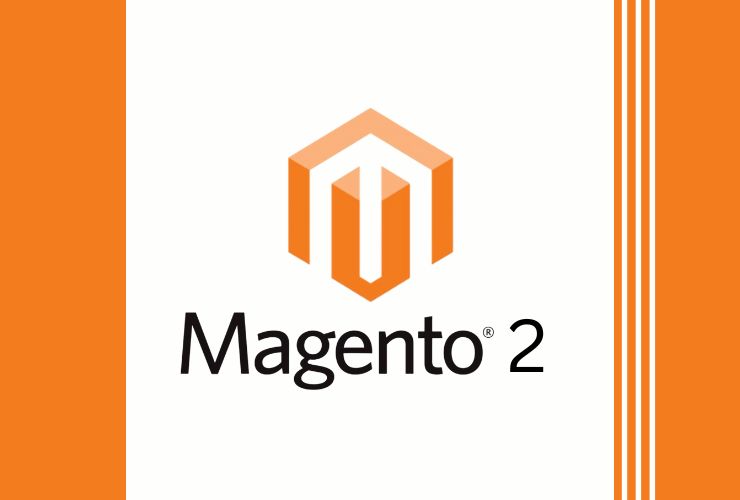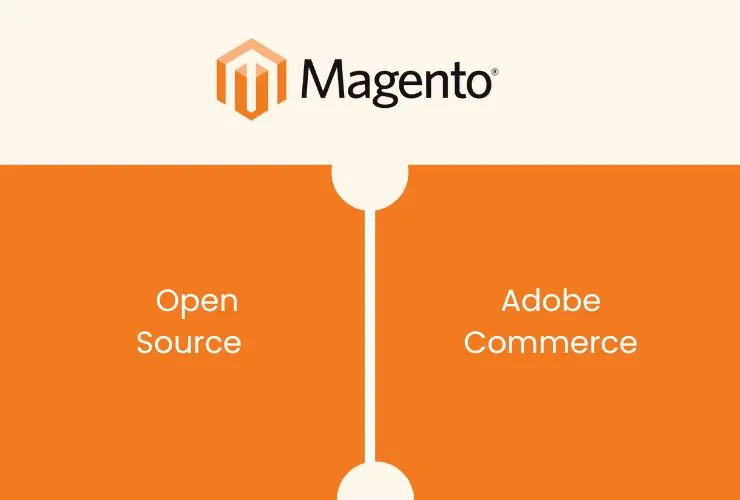Choosing an e-commerce platform is a critical decision that will impact the success and trajectory of any online business. For one growing lifestyle retailer, the transition to Magento was a game-changer. This case study looks at how one mid-sized web store was able to completely transform its business, optimize the customer experience, and significantly increase its revenue by making the switch to Magento. In a period of only 12 months, this change in strategy gave them the impressive achievement of doubling their sales.
The Challenge
Before the change, the online store was faced with several significant challenges that were holding it back and limiting its potential. These were:
Slow Site Speed and Bad Mobile Experience: The existing platform was unable to provide fast loading times, especially on mobile devices, which led to higher bounce rates and lost sales.
Limited Customization: The retailer found that the old platform offered limited customization capabilities, which prevented them from developing the store according to their unique brand identity and customers’ needs.
Poor Inventory Management: Order and stock management became complex, especially during promotion drives, leading to operational inefficiencies.
Lack of SEO-Friendly Features: The store was failing to capture organic traffic increases since the platform did not have good SEO support, limiting its search engine results visibility.
Challenge to Deal with Peak Traffic: When the business grew, the platform struggled to deal with holiday season traffic spikes and promotion times, causing site crashes and poor user experiences.
Teams struggling with such challenges not only produced agitated customers but also limited the store’s potential to scale and compete well in a competitive e-commerce market.
Why Magento Was the Right Choice
Faced with these problems, the company weighed several e-commerce options before choosing Magento 2. The company was swayed by several inherent advantages Magento offered:
Open-Source Flexibility: Since Magento was open-source, there was ample scope for customization according to the company’s specific needs without unnecessary restriction.
Scalability for Growth: Magento’s architecture was built to handle increasing volumes of products, traffic, and orders so the platform could keep up with the growth of the business.
Rich Extension Ecosystem: Being able to tap into thousands of extensions made it easy for the store to deploy new features and integrations to expand capabilities.
SEO and Marketing Tools: Magento contained built-in SEO capabilities and marketing tools that helped in optimizing search rankings and customer engagement.
Multi-Store and Multi-Language Support: Magento allowed the retailer to consider expansion into new markets through multi-store and multi-language support from a single backend.
Magento’s combination of flexibility, strength, and scalability made it the perfect platform to overcome the previous limitations and facilitate sustainable growth.
The Implementation Strategy
A successful migration and full use of Magento required a strategic approach. The retailer collaborated with a dedicated Magento development company. Together, they devised and implemented a well-thought-out, phased migration strategy:
Data Migration: The team carefully migrated all products, customer data, and order history from the legacy system to Magento 2, preserving data integrity and minimizing downtime.
Custom Theme Development: A custom-built, fully responsive and mobile-optimized theme was designed to improve the user experience, lower bounce rates, and improve accessibility on all devices.
Performance Optimization: Fundamental performance improvements like server-side caching, image optimization, and server backend optimization were included to lower page loads by a significant amount.
SEO Improvements: The team used Magento’s SEO-capable features like best-practice URL structure, enhanced metadata management, and schema markup to improve natural search visibility.
Third-Party Integrations: The team seamlessly integrated Magento with critical tools such as multiple payment gateways, a Customer Relationship Management (CRM) system, and a real-time inventory management program to automate processes.
The strategic plan ensured the migration was as low-impact as possible and paved the way for additional optimizations.
The Results
The effects of the transition to Magento were quick and profound. Within the first 12 months after launch, the online store experienced:
- 100% Sales Revenue Growth: The shop doubled sales based on enhanced user experience and business performance.
- 35% Organic Traffic Increase: Enhanced SEO and marketing enabled much more traffic through search engines.
- 25% Decrease in Cart Abandonment: Faster website loading and quicker checkout made it possible to recover potential lost sales.
- 40% Mobile Conversion Increase: Responsive design and faster loading enhanced mobile user engagement and conversions.
- Less than 2 Second Average Page Load Times: Performance optimization guaranteed quicker browsing, less. customer frustration.
In addition to this, Magento’s flexibility enabled the store to execute quick. A/B testing and marketing promotions that continuously improved sales. and retention.
Key Takeaways
This case study provides the following key takeaways for other e-commerce businesses:
- Magento is Highly Apt for Growing Businesses: Its Scalability. as well as personalization features enable it. to be an ideal platform. for merchants seeking. expansion.
- Strategic Platform Migration Pays Off: Planning and execution can make a platform switch a growth driver.
- UX, Mobile Optimization, and SEO Are Crucial: Investments in user experience and search engine optimization pay directly into sales and customer satisfaction.
Conclusion
This online e-commerce business success story is the embodiment of the possibilities that Magento can provide to businesses so they can overcome their technical limitations and achieve new paths of development. A right implementation strategy coupled with a continuous optimisation helped Magento convert this retailer’s web presence around and achieve 100% higher sales during the first year.
For companies who are evaluating moving to a platform or expanding on an existing web shop, this case study demonstrates that Magento is capable of providing a strong, flexible, and scalable solution that can provide impressive business outcomes.













